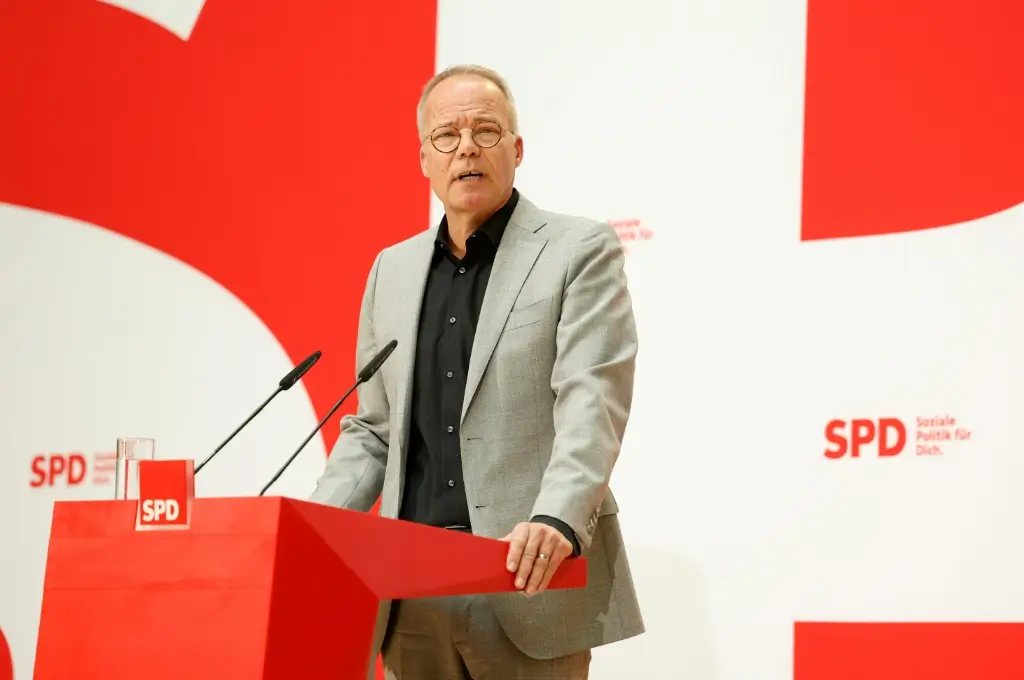
SPD parliamentary group leader Matthias Miersch has called on the minimum wage commission of the collective bargaining partners not to stand in the way of an increase to 15 euros. “We assume that they will stick to the rules,” said Miersch on Tuesday on ZDF's “Morgenmagazin”, referring to the commission's upcoming discussions on the topic. The 15 euros are “our expectation”.
In their coalition agreement, the CDU/CSU and SPD had agreed on a further development of the minimum wage, which should be based on salary development. “In this way, a minimum wage of 15 euros in 2026 is achievable,” the paper states. However, the actual decision is to be left to the commission. However, Miersch also referred to the possibility of taking legislative action.
CDU politician and Parliamentary State Secretary in the Federal Ministry of Economics, Gitta Connemann, on the other hand, opposed a politically determined minimum wage. “The Minimum Wage Commission will decide on the basis of objective criteria and not according to a political ‘make a wish’”, she emphasized in a podcast on the Politico portal. The coalition agreement is “unequivocal” on this point.
The employers' representatives on the minimum wage commission had previously spoken out against raising it to 15 euros. "The figure of 15 euros is the product of wage populism and lacks any rational basis," said Steffen Kampeter, Managing Director of the Confederation of German Employers' Associations (BDA), to the Frankfurter Allgemeine Zeitung on Tuesday. An increase to this amount would be "an economic suicide mission".
The commission of employer and trade union representatives is due to decide on the minimum wage for 2026 and 2027 at the end of June. Kampeter emphasized that the committee is not bound by political directives. Previously, Federal Minister of Labor Bärbel Bas (SPD) had also pushed for an increase to 15 euros and also mentioned the possibility of political intervention. Currently, the statutory minimum wage is 12.82 euros per hour.